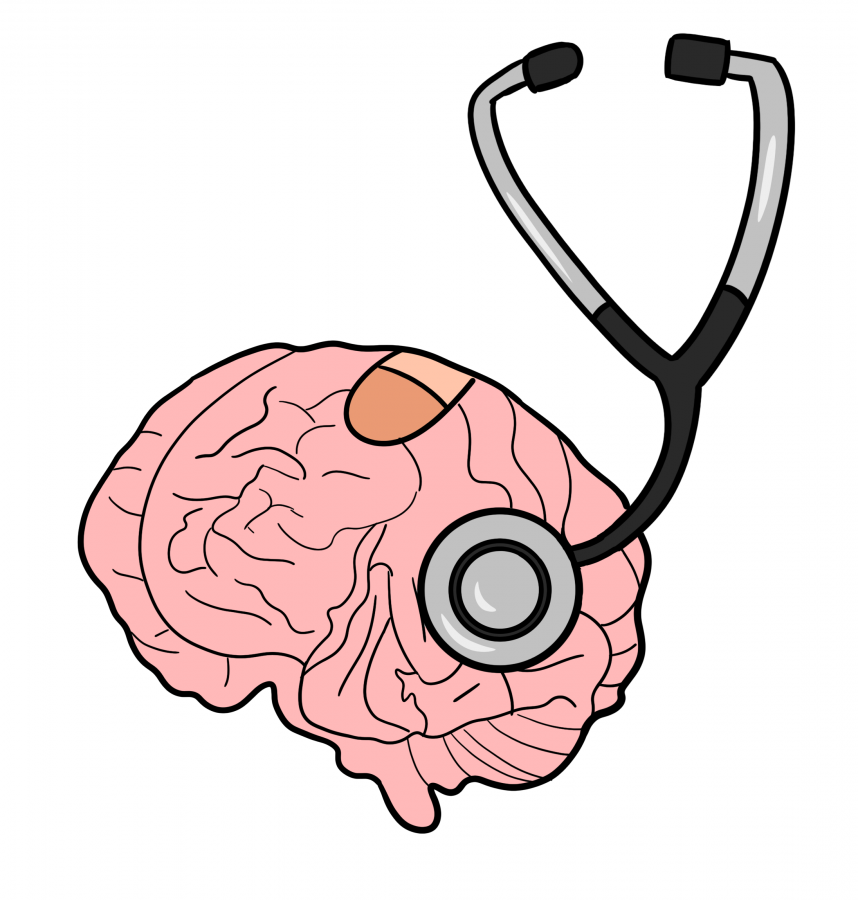Former Chancellor William McRaven unapologetically took the lead against campus sexual violence — his greatest accomplishment as chancellor. His successor must do the same for mental health.
The “Cultivating Learning and Safe Environments” survey on sexual violence, which McRaven spearheaded, has not only given us a better understanding of the inexcusable state of assault across the UT system, but has also raised the bar for scientific reports nationwide. Our mental health surveys, on the other hand, leave much to be desired.
Unlike the CLASE survey, which provided an unflinching look at sexual harassment over its 90 pages, the National College Health Assessment report — the only public report of mental health at UT — is cursory and unfocused in its categorical assessment of students’ health. Only one of the report’s nine sections of findings focuses on mental health, which means our mental health data is lumped in with questions of drug use, sexual activity and nutrition. While the NCHA can tell us nearly 70 percent of Longhorns felt “very sad” in the past twelve months, it can’t tell us much else — ultimately lacking the depth and scope needed to truly understand the data we have.
Thankfully, the Counseling and Mental Health Center doesn’t have to rely on the NCHA. Katy Redd, CMHC associate director for prevention and outreach, explains that the NCHA is only one component of a much more holistic set of data — data sourced from staff, students and research from other universities. It’s comforting that our campus professionals have an arsenal of information to draw from, but having good data available to the public is equally as important.
“The CLASE report elevated, for a lot of people, the issues around sexual violence,” Redd explained. “Anytime we have the opportunity to have a well-resourced study, where we are looking at an issue like (sexual violence), it will elevate the conversation around a particular topic on campus.”
The CLASE report was a wake-up call for the UT System to act on sexual assault, and, through its rigor and methodology, lent irrefutable credibility to a cause long advocated for and long ignored. On a campus where in the last twelve months nearly 60 percent of Longhorns felt “overwhelming anxiety” and 30 percent felt “so depressed that it was difficult to function,” we need the critical eye of a professional study to do for mental health what CLASE did for sexual violence.
That’s where our chancellor comes in.
“Chancellor McRaven’s vision … and support made the CLASE project possible,” notes Margaret Bassett, deputy director of UT’s Institute on Domestic Violence & Sexual Assault.
Indeed, McRaven’s personal vision and $1.7 million-dollar funding effort for CLASE helped materialize a project so ambitious that campus experts on sexual assault didn’t believe he was serious. With increasing demand continuing to shrink mental health funds, we need a chancellor who is unafraid to fight — and pay — for UT’s mental health research to be as innovative as our research on sexual violence.
A million-dollar endowment has been created in McRaven’s name for future chancellors to pursue their own “strategic initiatives” — just as McRaven did. Be it interim chancellor Larry Faulkner or whoever serves next, our chancellor should use that money to break crucial ground on understanding mental health in the UT System. The gaps in our knowledge of the mental health experiences of Longhorns provide room for a lasting legacy — and impact — to be forged.
Buckner is a Plan II and journalism sophomore from Austin. He is an associate editor.





















